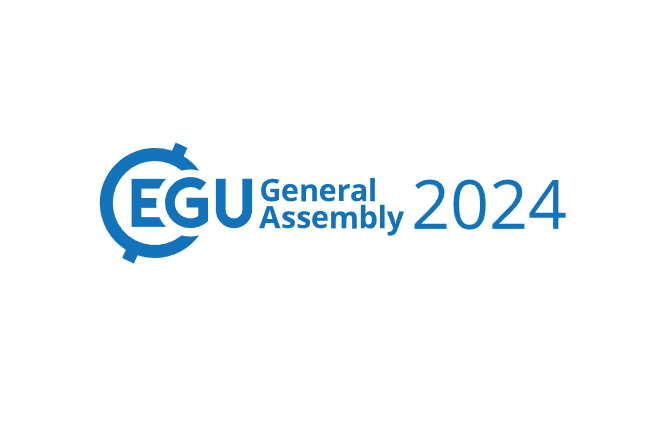Call for EGU24 General Assembly Abstracts
7 November 2023
The General Assembly 2024 of the European Geosciences Union (EGU) will be held at the Austria Center Vienna (ACV) in Vienna, Austria and online, from 14–19 April 2024. We will organise the following session:
BG8.14: Integrated solutions for landscape management of GHG balance and biodiversity in a changing environmentConvener: Syed Ashraful Alam, Katri Rankinen, Thomas Dirnböck, Harry Vereecken, Olga Vindušková
The session is co-sponsored by eLTER.
The abstract submission deadline is Wednesday, 10 January 2024, 13:00 CET.
Society is placing increasing and potentially competing demands on our environment. Meeting these demands in an efficient and sustainable manner will require new interdisciplinary, landscape-scale knowledge in the biogeosciences and effective communication with decision makers. Recent IPCC (Intergovernmental Panel on Climate Change) and IPBES (Intergovernmental Science-Policy Platform on Biodiversity and Ecosystem Services) reports have documented the deeply interconnected challenges posed by climate change, biodiversity loss and land use. These topics are also high on national and international policy agendas. Governments have introduced concepts such as “carbon neutrality” and “net zero emission” where the aim is to achieve a balance between sources and sinks of CO2 or greenhouse gases (GHG) by a target year. There are also plans to stop the loss of biodiversity and implement the internationally agreed UN Sustainable Development Goals (SDGs).
Atmospheric GHG concentrations, average temperatures, and occurrence of extreme climatic events, e.g., droughts, storms and floods are all increasing, profoundly altering ecosystem functions on many timescales. An interdisciplinary landscape-scale approach and holistic understanding of ecosystem functions is required for successful co-managing of these tangled drivers. Innovative methods that can prioritize and target management actions against multiple criteria are needed. These methods must also facilitate impact scenario assessment and cost-effective land use planning. Meeting EU Green Deal, UNFCCC COP28, IPBES and other commitments will need the new, landscape-scale perspectives on ecosystem functioning that are promoted by eLTER and other European Research Infrastructures. To make our science relevant to society, these new perspectives must be communicated in an actionable manner to stakeholders. For example, evaluations of carbon neutrality/net zero emissions require information on trends in the key land-based stores and sinks at different spatial scales, while biodiversity and sustainability issues are simultaneously considered.
We therefore invite solutions-oriented studies using cross-disciplinary and integrated ecosystem approaches, particularly at the landscape level. By providing new results and methodologies, the studies can support evaluation and development of environmental policies and measures across spatial scales that support multiple societal objectives.
